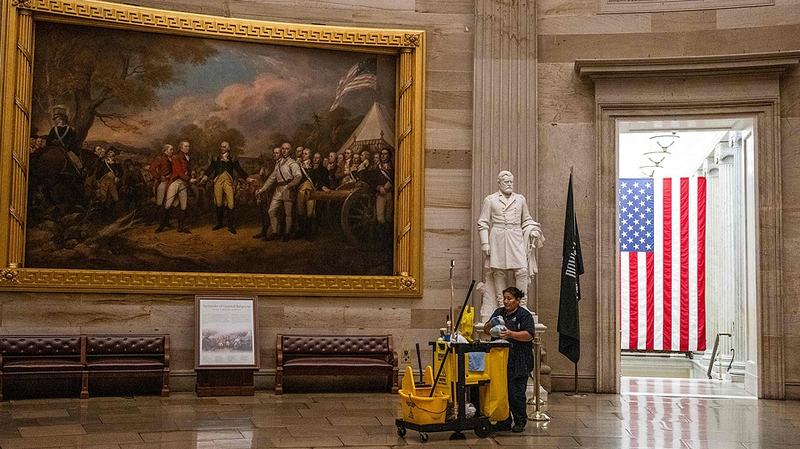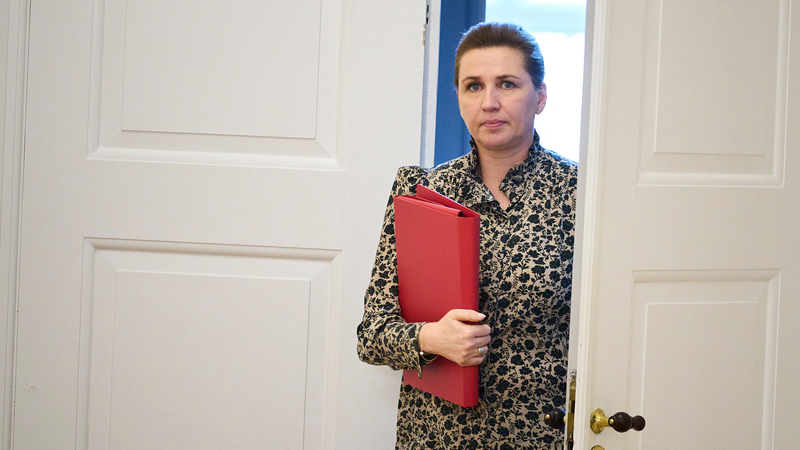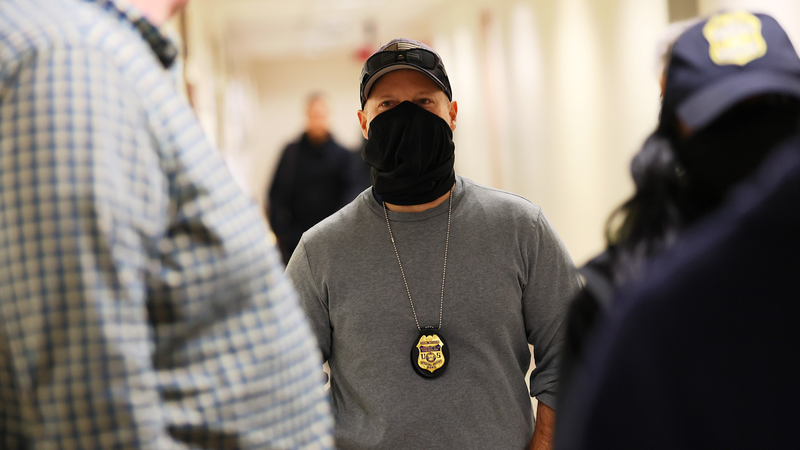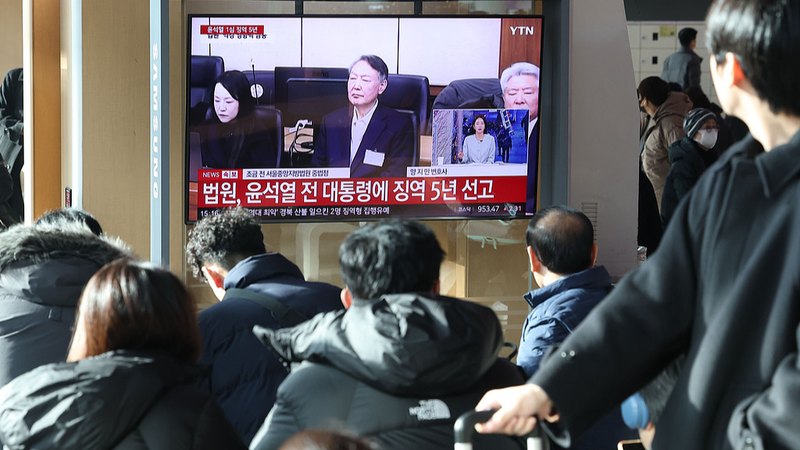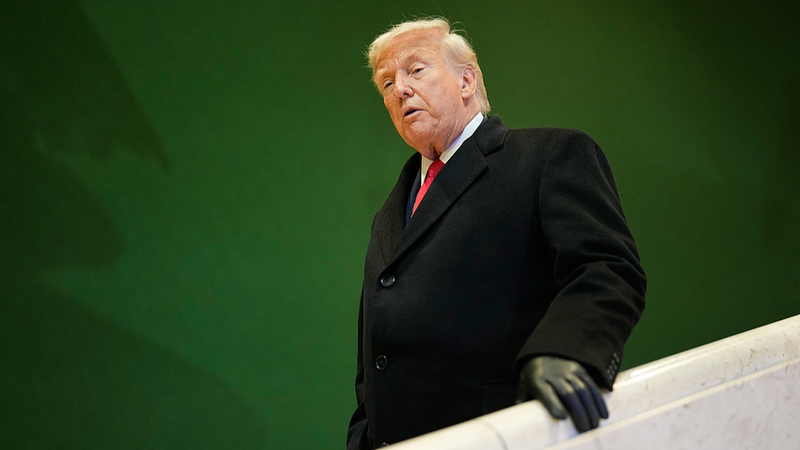Hey young pros, wake-up call 🚨: The U.S. federal government just hit a shutdown—its first in nearly 7 years—because politicians couldn't agree on how to keep the lights on. Here's the 411 on what's going down and why you should care, even if you're juggling deadlines and binge-watching your fave shows. 🍿
What's a shutdown?
Think of it like your phone losing its data plan—key functions stop working until the bill's paid. In gov-speak, Congress didn't pass a funding bill, so non-essential services pause, workers get furloughed (unpaid leave), and daily ops freeze. ⏸️
By the numbers 📊
- 15th shutdown since 1981
- 750,000 federal workers furloughed
- Daily economic hit: $400 million 💸
- Delayed release of the September jobs report
- Slowed air travel & paused scientific research ✈️🔬
Why now?
Lawmakers are tangled over healthcare subsidies, immigrant coverage, and spending caps. Republicans want more time for talks; Democrats demand stronger health benefits and paths for legally present immigrants. Neither side got the 60 votes needed in the Senate, so voila—shutdown.
The global ripple 🌊
Markets felt it fast: Wall Street futures slipped, gold hit record highs, and Asian stocks wavered. That could mean currency swings, tech supply delays, and investor jitters. If you're into startups or planning a U.S. trip, keep an eye on updates.
What's next?
Till Congress strikes a deal, expect more furlough alerts, service slowdowns, and blame games. Short shutdowns usually cause limited chaos; but if it drags past two weeks, essential workers may miss paychecks. Stay savvy! 💼💬
Bookmark this space for more insights on the shutdown saga and how it impacts our connected world. 🌏
Reference(s):
cgtn.com
